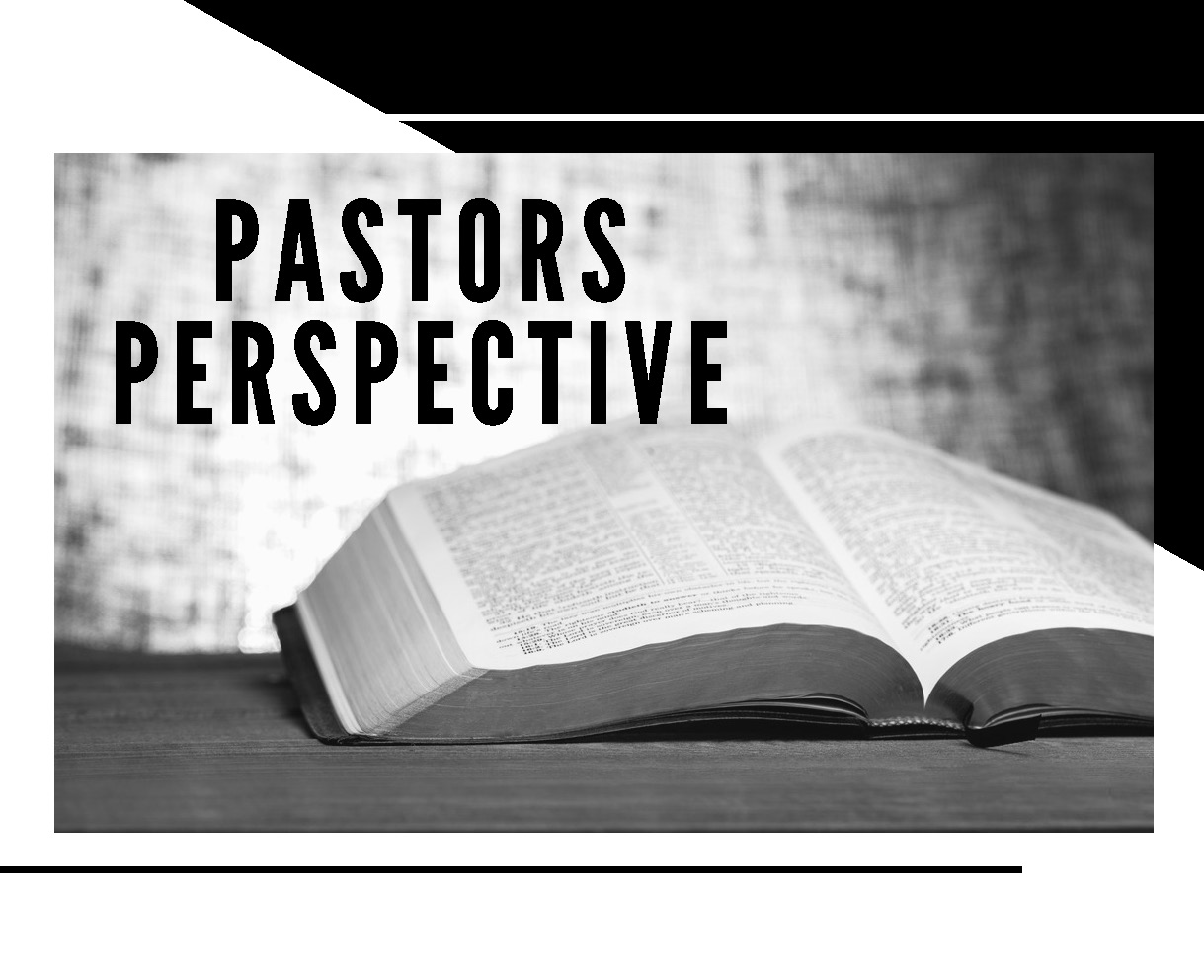In each Epistle, this column features a single question to which our pastors are asked to reply. It is usually connected to the issue’s theme and crafted to reveal the unique personalities and experiences of our beloved leaders.
What secular worldview do you feel has infiltrated the biblical worldview?
Pastor June Barrow
Secular humanism has become the dominant worldview of the culture. Its adherents claim that it represents “freedom from religion” and is therefore entirely objective. My daughter, a university professor, recognizes that secular humanism prevails among the academics in her world. And, she says, it is a religion. It makes faith claims and bedrock “givens” just like any religious faith. In the worldview of secular humanism, truth is relative; therefore, we speak not of “the truth” but of “my truth” or “your truth.” Morally and ethically, there is no account-ability to a higher power; there is “just us.” We human beings determine what is right or wrong, acceptable or unacceptable, and what or who should be punished. How different is the worldview of the Bible! God is our Sovereign Lord holding the future in His good and loving hands. God is truth and has revealed the truth to us in Jesus Christ. There is so much to say here… I am deeply thankful not to be left to the ever-shifting sands of cultural relativity. I am grateful for the solid rock of the Truth of God.
Pastor Steven Grant
The most significant secular worldview that has infiltrated the biblical worldview is the claim that truth is “relative.” This is to say that truth is whatever any individual thinks is true; statements such as, “What is true for you is not true for me” get credibility. First, the view of reality that truth does not exist in terms of absolutes is a contradiction in terms. Those who claim that “truth is relative” assert this principle as absolute truth. Secondly, this denies Jesus’ words identifying Himself as the Way, the Truth, and the Life (John 14:6). Jesus clarifies that truth exists and is discernable: He is the Truth.
Pilate articulated the struggle of our modern times by asking, “What is truth?” (John 18:38) when in fact, the Truth was standing right in front of him. Claiming that truth is relative discredits all of God’s commandments as not applicable to modern life. This is dangerous since the principle that “without God, all things are permissible” results in anarchy. Regrettably, this is the direction our modern secular culture is heading.
Pastor Su Kim
Working with young people, one of the more prominent ways a secular worldview has infiltrated the biblical worldview is gender. Teens today are under immense pressure to identify their pronouns and sexual orientation. The Bible states that in the beginning, God created man in His image, and He made them male and female (Genesis 1:27). This worldview is considered archaic and hateful, but nothing could be further from the truth. In fact, this truth affirms that every human being is created as an image-bearer of God and has intrinsic value and worth.
Pastor Brad Rogers
I would suggest that secularism is most challenging to our biblical worldview. I owe much of my understanding of secularism to Tim Keller’s writing on the topic. Keller has differentiated between several “denominations” of secularism. The first is Scientism which suggests that the only way to knowledge is through scientific rationality: if science cannot prove something, it is not valid. This, of course, challenges Scripture which presents truths unverifiable by science, and miracles that stand in contrast to the scientific understanding of the universe. The second is Secular Humanism, a worldview that posits that human reason can lead to a moral and just world without religion. In other words, human beings and communities can be good without God, which stands in contrast to a biblical worldview. Perhaps a third would be Postmodernism, a worldview that relativizes truth entirely. Postmodern thought suggests that what is true for you isn’t necessarily true for me. Each of these denominations of secularism stands in contrast to a biblical worldview by either upholding diverse sources of truth or challenging truth entirely. Each is felt in the tremors that the western world is experiencing today.
Pastor Allen Walworth
The secular world elevates and encourages the individual’s supremacy over the collective perspective so that personal goals, wishes, and opinions hold more value than the good of the broader community. The secular worldview says, “If it feels good, do it. If it serves my interests, that is all that matters. I can determine my own truth, identity, and destiny—and no one has permission to get in my way!” But the Bible tempers this hyper-individualism by reminding us that we are born into families, our faith is born and grows within congregations, and we are shaped by the long history of faith and values passed down and refined by many generations. We share this life, and this world, with many others. The Lord’s Prayer is full of plural pronouns—OUR Father, give US this day, OUR debts, etc.
Another Perspective
Nancy Heche, Bible Teacher
• I can do life on my own terms apart from the interference of any god. I am the center of reality. God is not the absolute unrivaled center of existence. God is dead.
• We will eliminate any voice that points to a moral standard for behavior. The idea of holiness or good and evil is outdated, irrelevant, intolerant, and even hateful.
• The Bible is not a valid revelation from God for people. God has not revealed Himself to humanity, nor does He have any contact with them.
• No religion has the right to pronounce itself as right or true.
See Pastor Doug Pratt’s perspective in “The Woke March of Folly”.






